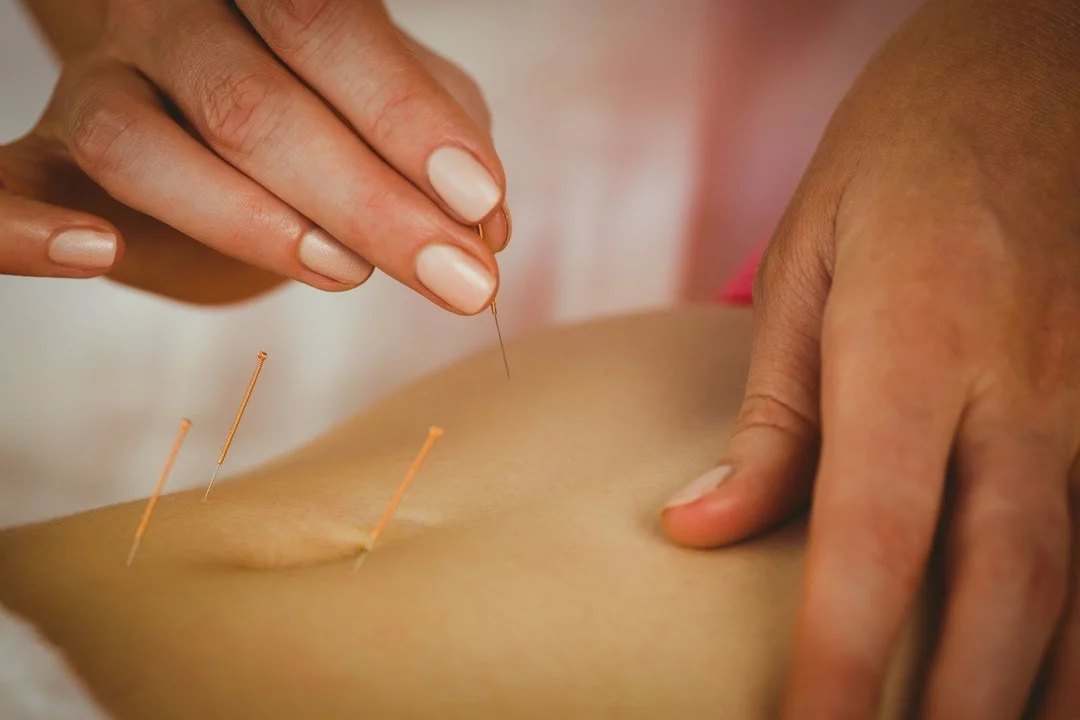Infertility Treatment – What Works and Where to Start
If you’re reading this, chances are you or someone close to you is trying to crack the code of getting pregnant. Infertility can feel like a maze, but there are clear routes that many couples have walked successfully. Below we break down the main treatment paths, what to expect, and how to decide which one fits your life.
Common Types of Infertility Treatments
Medication first: Doctors often start with hormone pills or injections that help eggs mature or boost sperm production. Clomiphene (Clomid) is a popular oral option for women, while men might try letrozole to improve sperm count.
In‑vitro fertilization (IVF): IVF takes the best eggs and sperm and combines them in a lab. The embryos are then placed back into the uterus. It’s pricey but has high success rates, especially for older women or those with blocked fallopian tubes.
IUI (Intrauterine Insemination): This is a simpler, cheaper step before IVF. Sperm is washed and concentrated, then directly inserted into the uterus during ovulation.
Surgical fixes: Some issues, like blocked tubes or varicoceles in men, can be corrected with surgery. Laparoscopy or hysteroscopy are common methods that clear physical barriers.
Natural and lifestyle approaches: Losing excess weight, cutting alcohol, quitting smoking, and managing stress can boost fertility on their own. Certain supplements—like folic acid, zinc, and CoQ10—also show benefits for both partners.
How to Choose the Right Path for You
First, get a full work‑up. Blood tests, semen analysis, and ultrasound give doctors a clear picture of where the problem lies. Knowing whether it’s a male factor, female factor, or combined helps narrow down treatment.
Second, think about cost and time. IVF cycles can run thousands of dollars and may need multiple attempts. If budget is tight, many start with medication + IUI before moving to IVF.
Third, consider your emotional bandwidth. Fertility journeys are stressful; having a supportive partner or counselor makes a huge difference. Some clinics offer on‑site therapy that can help you stay grounded.
Finally, look at success rates specific to your age and diagnosis. Clinics post live‑birth percentages—use those numbers as a guide, not a guarantee.
Remember, there’s no one‑size‑fits‑all answer. Many couples end up using a mix of treatments: medication to improve egg quality, IUI to try the low‑cost route, and IVF if needed later. Keep communication open with your doctor, ask about side effects, and don’t ignore lifestyle tweaks—they often boost medical outcomes.
Bottom line: start with a solid evaluation, weigh options based on health, money, and stress levels, and stay proactive about healthy habits. With the right plan, many couples turn the infertility road into a successful pregnancy story.
I recently explored the role of acupuncture in infertility treatment and found it quite interesting. Acupuncture, an ancient Chinese medicine practice, is believed to help balance the body's energy flow, which can improve fertility. Many couples undergoing fertility treatments, such as IVF, have turned to acupuncture to boost their chances of success. Studies have shown that acupuncture can improve blood flow to the reproductive organs and help regulate hormones, both of which are essential for conception. While more research is needed, acupuncture could be a valuable addition to conventional infertility treatments for those struggling to conceive.
May, 13 2023

